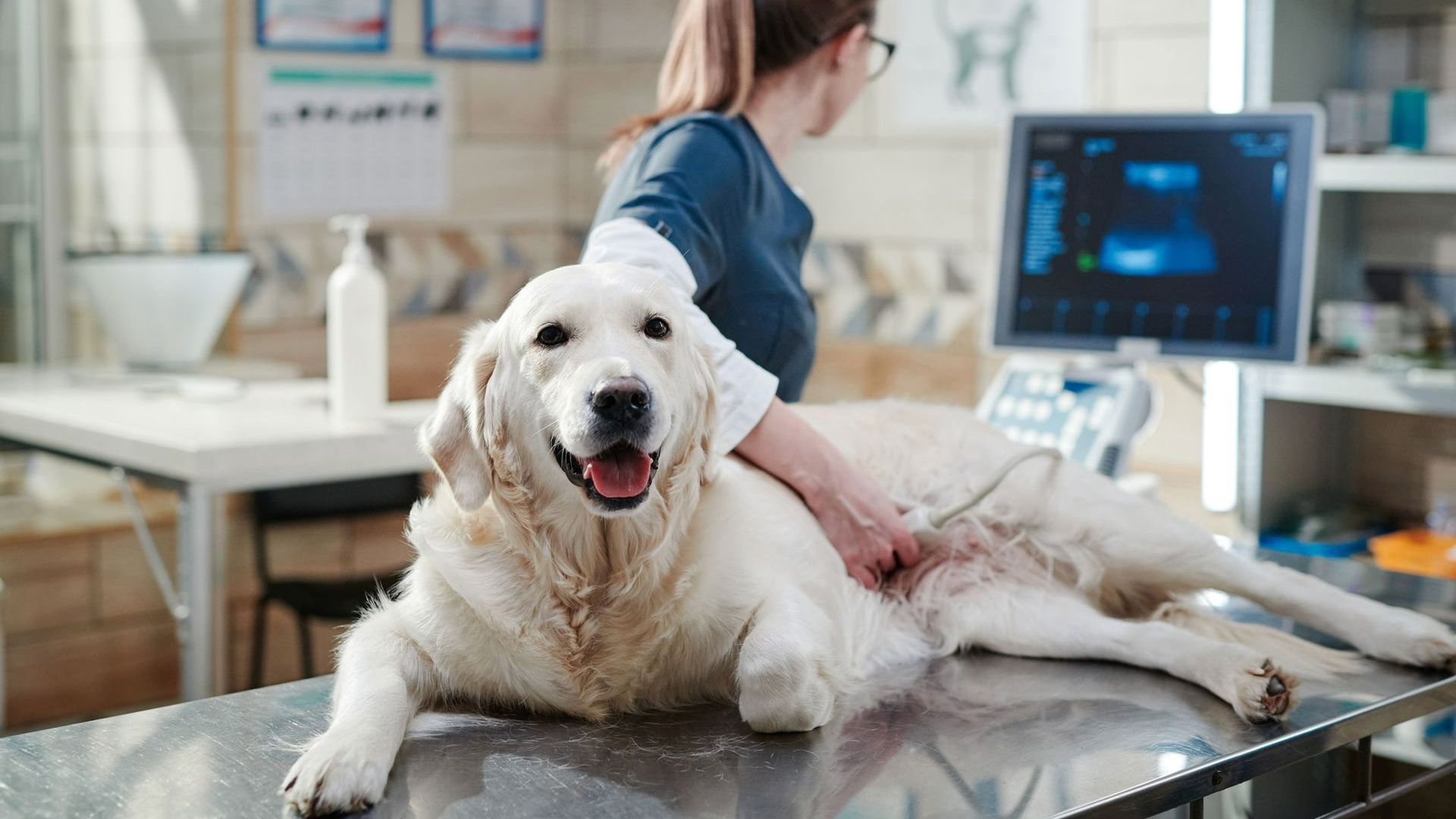When should you take your dog to the Vet?
When should you take your Dog to the Vet?

The Importance of Early Detection and Regular Check-ups for Your Dog’s Health
When it comes to your dog’s health, early detection is crucial. Catching potential health issues early or preventing them altogether can make a significant difference in ensuring your pet's long-term well-being.
Routine veterinary check-ups are vital for tracking your dog's overall health, identifying any early signs of illness, and receiving recommendations for preventive care products. While we understand the concern about costs, investing in preventive care now can help you avoid more expensive treatments down the line.
Routine Wellness Exams
Just like humans, dogs need regular check-ups. The frequency of these exams depends on various factors, including your dog's age and overall health.
For healthy adult dogs, an annual wellness exam is typically sufficient. However, puppies, senior dogs, and those with existing health conditions may benefit from more frequent visits.
Puppies (0-12 Months)
If you have a puppy under one year old, regular vet visits are essential. It's recommended to take your puppy for check-ups every month during their first year. This is the time when they will receive a series of vaccinations to protect against common diseases like distemper, hepatitis, parainfluenza, parvo, rabies, and leptospirosis.
These vaccinations are given over the course of 16 weeks, helping to strengthen your puppy’s defense against harmful infections.
The vaccination schedule may vary depending on your location and your puppy’s health status. Additionally, between six to twelve months of age, our veterinarians suggest spaying or neutering your puppy to help prevent certain diseases, behavioral problems, and unwanted litters.
Adult Dogs (1-7 Years)
For healthy, active dogs aged 1-7, an annual wellness exam is typically recommended. During this check-up, the vet will perform a thorough examination to detect early signs of illness, including issues like dental disease, joint problems, or parasites.
Your dog will also receive any necessary vaccinations, and the vet will review their diet, discuss parasite prevention, and address any behavioral concerns you might have. If any health issues are detected, the vet will talk through their findings and suggest appropriate next steps.
Senior Dogs (8+ Years)
Most dogs are considered senior at around 8 years old. However, larger breeds, like Great Danes, Irish Wolfhounds, Mastiffs, and Saint Bernards, are typically considered seniors by the age of 5 and require more frequent care.
As dogs age, they are more prone to certain diseases and injuries. To stay on top of their health, we recommend scheduling vet visits for your senior dog every six months. These twice-yearly check-ups will include all the components of a regular wellness exam, along with additional diagnostic tests for a clearer picture of your pet’s health.
We often recommend blood tests and urinalysis to screen for early signs of conditions such as kidney disease or diabetes in senior dogs.
Senior pet care also involves addressing age-related issues, like joint pain, to ensure your dog’s comfort. If you have a senior dog, talk to your vet about how often they should come in for an exam.
Important Note: The information provided here is for general guidance and should not be considered medical advice. For an accurate diagnosis of your pet’s health, please schedule an appointment with your veterinarian.

